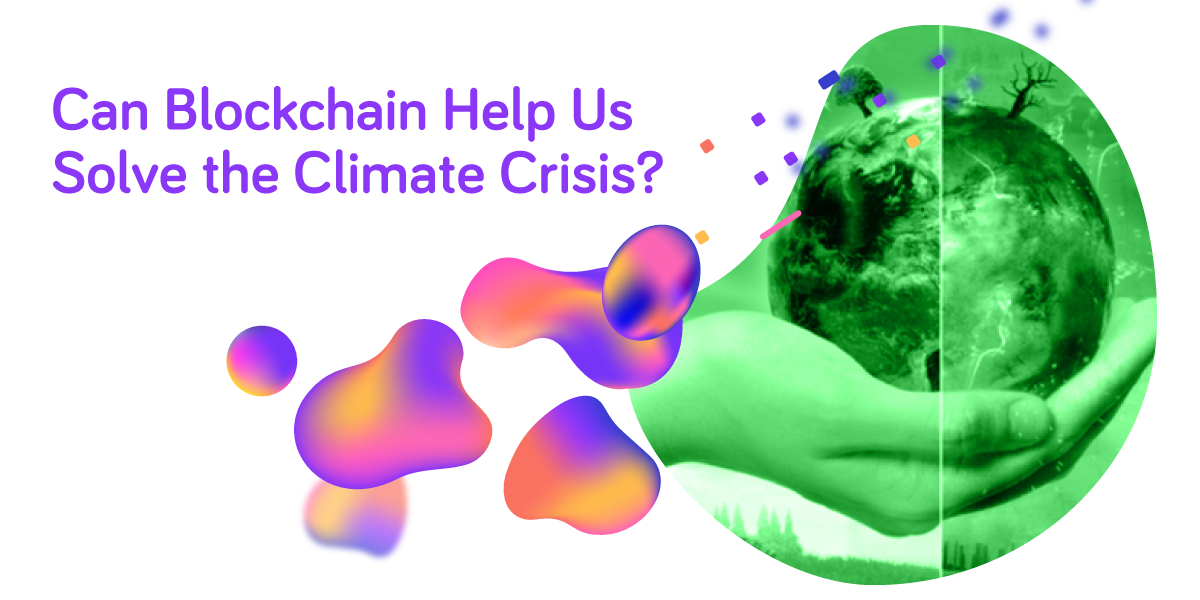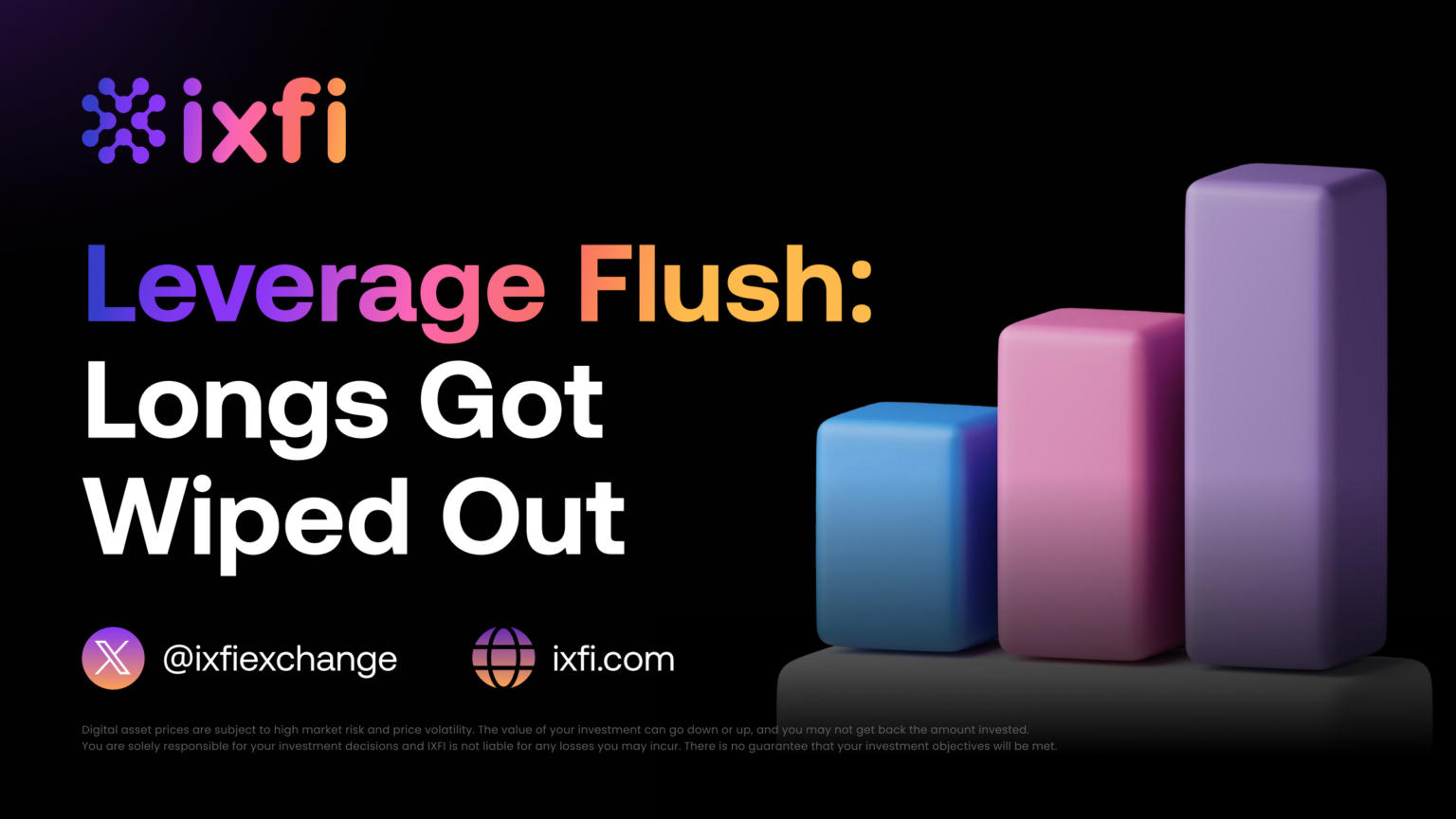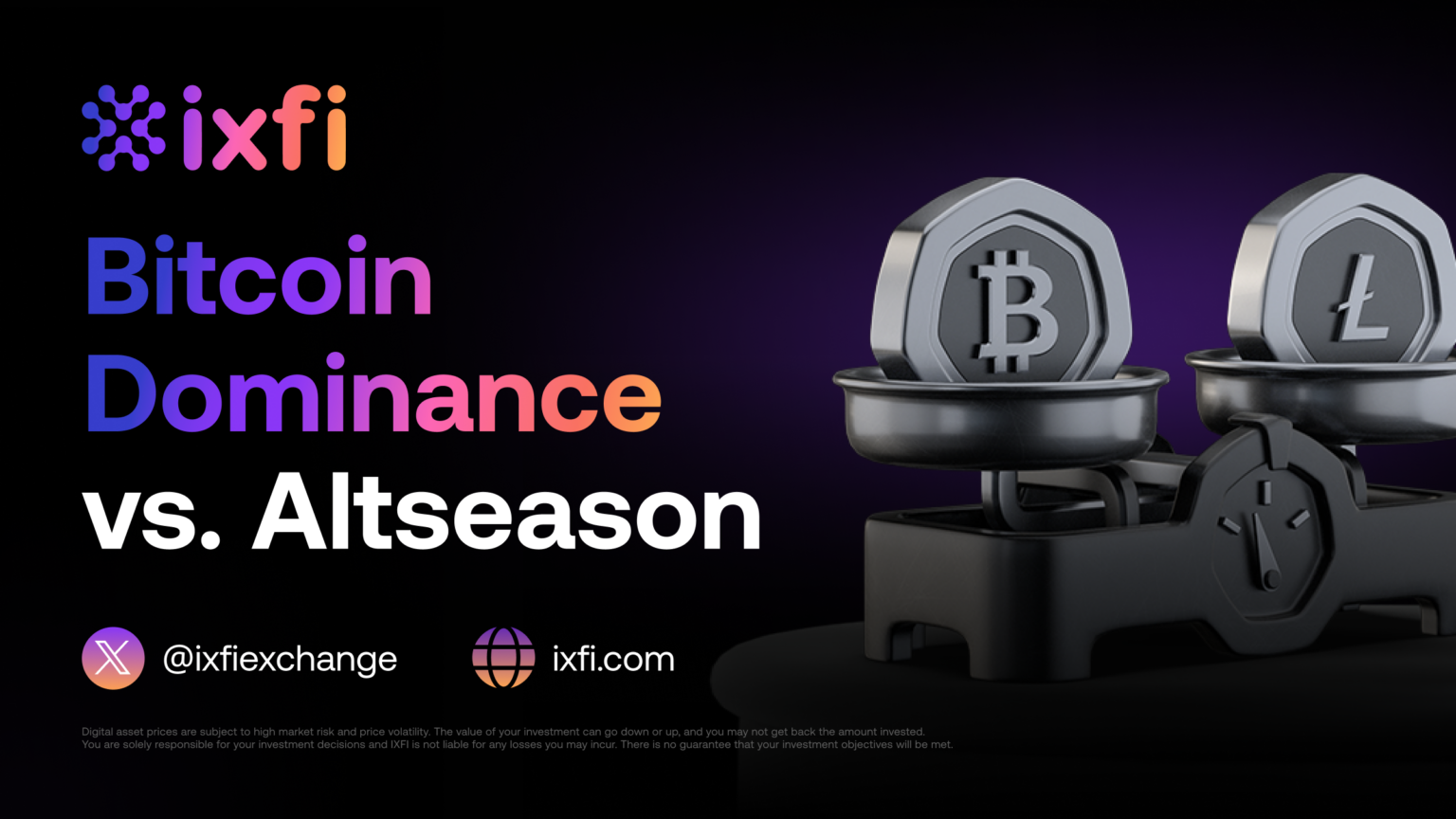Blockchain and cryptocurrency are powerful digital tools that are actually able to play a part in solving many world issues, including the climate crisis. As the world moves toward greener initiatives, the need for more online and more eco-friendly systems increases. How is blockchain eco-friendly and what can it do for our environment? Read more in this guide to blockchain and its impact on the environment.
What is blockchain?
Blockchain is a public ledger that stores data. It is also an open decentralized international network. It is a peer-to-peer network meaning that it does not require large organizations, nor third parties in order to operate. This leads to a reduction in transaction costs and an increase in transparency. Blockchain is secured through the use of cryptography — so once a record or transaction is made, it cannot be changed.
Many programs and platforms today use blockchain technology. With blockchain technology, users can create programs and apps for a variety of uses. The most popular form of blockchain is known for producing cryptocurrencies. Bitcoin in particular is a popular form of cryptocurrency that allows secure and decentralized transactions around the world. Blockchains are best known for their crucial role in cryptocurrency systems, such as Bitcoin, that is maintaining a secure and decentralized record of the transaction. Blockchain allows seamless online transactions without the need for banks or paper trails.
How does blockchain help fight climate change?
Blockchain is considered by many to be eco-friendly for many reasons. Apart from its paperless nature, organizations can take advantage of blockchain technology to help solve the climate crisis in many ways. Here are some of the main reasons in which it works to solve climate change:
1. It encourages a global commitment to climate change
Blockchains help to encourage countries to fight climate change and work together as a unit in order to do so. Information stored through blockchain channels allows states to use smart contacts. Smart contacts allow countries to measure and report on the reduction of their carbon footprint accurately. It also tracks what users and organizations are doing to reduce their carbon footprint, encouraging more eco-friendly competition on their level.
2. Blockchain uses clean technology
The technology used for blockchain can track the use of gas emissions from production to distribution. It allows for every individual to participate and take accountability for their role in reducing greenhouse gas emissions.
3. Green finance solutions = less paper
Blockchain encourages green solutions such as online transactions, green bonds, and fintech. The use of these online financial methods reduces the use of paper and the harm to the ecosystem. This includes world leaders in the finance sector such as the World Bank.
4. Recycling programs
A recycling program that uses blockchain technology can encourage users and organizations to recycle by offering them incentives or rewards. For example, crypto tokens can be earned by recycling bottles. Further similar incentives are being put into place and climate change can improve with an increase of these environmental blockchain programs.
5. Blockchain takes less energy
Blockchain uses a peer-to-peer energy system, which uses low electricity to transport items over long distances. It also reduces energy storage costs, as all storage is electronic.
6. More donations to environmental organizations
When you contribute to greener initiatives via financial rewards or donations, there is always that chance that your money doesn’t go directly to the cause. Blockchain transparency ensures payment reaches a specific cause directly and does not to other players who may not use the money for its intended purpose. With more increased trust through transparency, more people will provide donations and funds to environmental organizations via blockchain.
7. Helps determine carbon tax
Blockchain technology can track the carbon footprint on products and safely secure the data. The data can be used to determine the carbon tax of each product for sale. Tracking this data can help customers find cheaper products with a lower carbon footprint. This will lead to shops increasing environmentally friendly products in order to meet this demand.
Learn more about blockchain and how it can help us solve many issues we are facing by keeping up with our blog. If you want to be part of a decentralized future, it’s time to register on your reliable and friendly Crypto Exchange. IXFI has all your needs in one place.
Disclaimer: The content of this article is not investment advice and does not constitute an offer or solicitation to offer or recommendation of any investment product. It is for general purposes only and does not take into account your individual needs, investment objectives and specific financial and fiscal circumstances.
Although the material contained in this article was prepared based on information from public and private sources that IXFI believes to be reliable, no representation, warranty or undertaking, stated or implied, is given as to the accuracy of the information contained herein, and IXFI expressly disclaims any liability for the accuracy and completeness of the information contained in this article.
Investment involves risk; any ideas or strategies discussed herein should therefore not be undertaken by any individual without prior consultation with a financial professional for the purpose of assessing whether the ideas or strategies that are discussed are suitable to you based on your own personal financial and fiscal objectives, needs and risk tolerance. IXFI expressly disclaims any liability or loss incurred by any person who acts on the information, ideas or strategies discussed herein.




